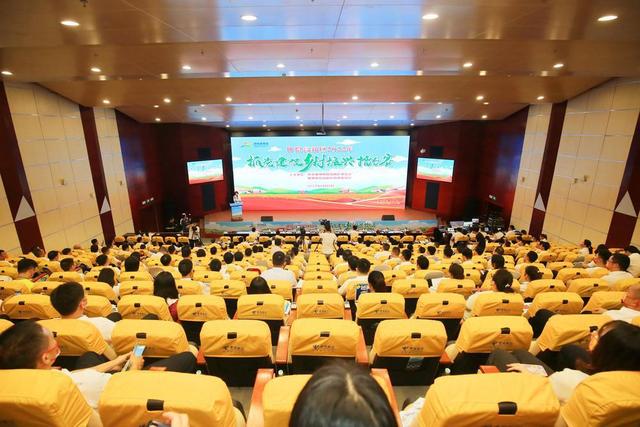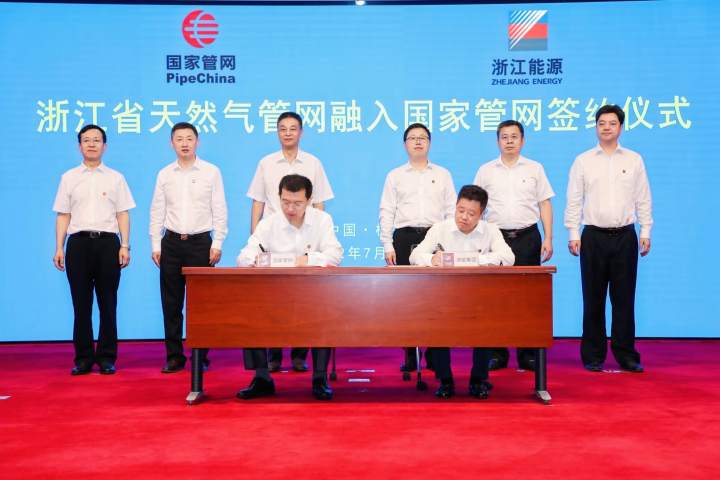More than 500 Chinese people "step on the thunder" in Japan
Author:Global Times Time:2022.07.09
The topic "More than 500 people in Japan’ s real estate in Japan ’s real estate or drifting water" recently appeared on the Internet hot search.
Under the introduction of many well -known intermediary agencies in China, more than 500 Chinese investors in Beijing, Shanghai and other places purchased real estate projects of the Japanese Toyotomi Commercial Co., Ltd. (referred to as "Toyotomi Company"), but then found that the investment income promised at the beginning could not be Without the realization of property rights, Toyotomi said that it was in trouble, the capital chain had a crisis, and hundreds of millions of investment funds of Chinese investors or water drifting. In recent years, the Chinese have been purchasing real estate in Japan to become an investment method. However, incidents such as "stepping on thunder" and "falling into the pit" have occurred, and a series of legal issues have been exposed.
Under the packaging of Toyotomi, the thunderous project looks very "beautiful". Toyotomi promised: before delivery, you can pay a certain income to buyers; after delivery, you can rent operations, and buyers can also obtain the corresponding rental income. It is worth noting that Toyotomi has set up some traps in the contract from the beginning. For example, the actual translation of Sino -Japanese bilinguals does not match, there is a tendency to misleading, and controversy must also resort to the domestic courts of Japan. In addition, Toyotomi Company also used the loopholes of the Chinese investor's epidemic to go to the realistic investigation to over -beautify the real estate project.
In fact, in order to attract Chinese buyers, a real estate company established by a Chinese in Osaka boldly revealed in an interview with Japan's "Sankei Shimbun" last year, "A set of apartments in Shanghai can buy a building in Osaka. "". In May of this year, the website of Japan's "Modern Modern" published an article entitled "China's wealthy layer began to buy Kyoto Real Estate". These articles seem to be an intangible publicity, which makes some Chinese investors worry that buying late is to buy compensation, forming a "snap -up" psychology.
In an interview with the Global Times, President Nomura, the president of the Japanese Overseas Chinese Real Estate Association, who is familiar with the China -Japan Real Estate Trading, said that for Chinese investors, the most direct power purchase momentum is the added value of investment brought about by the devaluation of the yen, plus plus It is inconvenient to go to Japan to see the house under the epidemic, so many people choose to watch the house online and other convenient means, resulting in the follow -up of the mines easily.
Peng Tao, a senior lawyer of Beijing Yingye (Shanghai) Law Firm, is responsible for legal services related to China -Japan Investment all year round. He told the Global Times reporter that overseas real estate agencies can be roughly divided into two categories: "information" and "deep participation": "Provide it "Information refers to a bridge for Chinese buyers and foreign developers to charge a certain fee in proportion. In the information providing real estate consultation, whether it includes overseas real estate, there is no explicit regulation in my country's laws.
"In -depth participation" refers to the deeper level of participation in real estate transactions, and there are many cases of "instantaneous turn". In the case of Peng Tao's scriptures, many such disputes. Some domestic intermediaries are linked to overseas agencies and developers, first buy real estate at a low price, and then sell them to Chinese investors. Although investors feel "cost -effective", they actually buy a lot of money. Real estate.
Peng Tao believes that the biggest problem generated during the transaction is foreign exchange. Due to my country's current foreign exchange control, it is difficult for overseas real estate and purchase housing to leave the country through regular paths. Some overseas agencies will provide "help" to this, such as introducing "private exchange" channels and even fictional transactions. These will undoubtedly violate my country's foreign exchange management regulations. Because these are illegal channels, proofs such as proof of payment housing will face heavy difficulties. Even if investors are finally victims, they may accept corresponding administrative penalties to be tracked to constitute criminal criminal responsibility in accordance with the law.
Peng Tao told the Global Times reporter that Japan itself has undergone the broken bubble of real estate, and the trend of decreased population is very obvious. Except for some specific locations such as Tokyo, Osaka and other cities, the prices of most real estate do not rise and fall. In addition, intermediaries often only publicize the so -called "high returns" to consumers, but they do not inform as owners, and they must face various expenses such as real estate tax and management fees. The actual income is far less than expected.
In an interview with the Global Times, the Chinese partner of the Japanese Verybest Law Firm, who is engaged in China -Japan investment business year, said that if more than 500 people ’s Japanese speculative house explosion reports are true, it is suggested that Chinese investors find domestic intermediaries to protect their rights. One is that it is more difficult to defend overseas rights. The other is reported that the purchase of a house for Chinese investors is to call private accounts, which is difficult to prove that investors have a buying and selling contract relationship with Japanese real estate companies.
Global Times reporter Xing Xiaojing Global Times special reporter Jiang Feng
- END -
Huizhou Zhongkai "Grasp the Party Construction and Promote the Rural Revitalization" ended

Text/Yangcheng Evening News all -media reporter Lin Haisheng correspondent Hui Zho...
Zhejiang Natural Gas Pipe Network integrates the cost of downstream users to reduce the cost of downstream users

Zhejiang News Client Seeing Reporter Hu Jingyi Correspondent Zhao KeOn the morning...